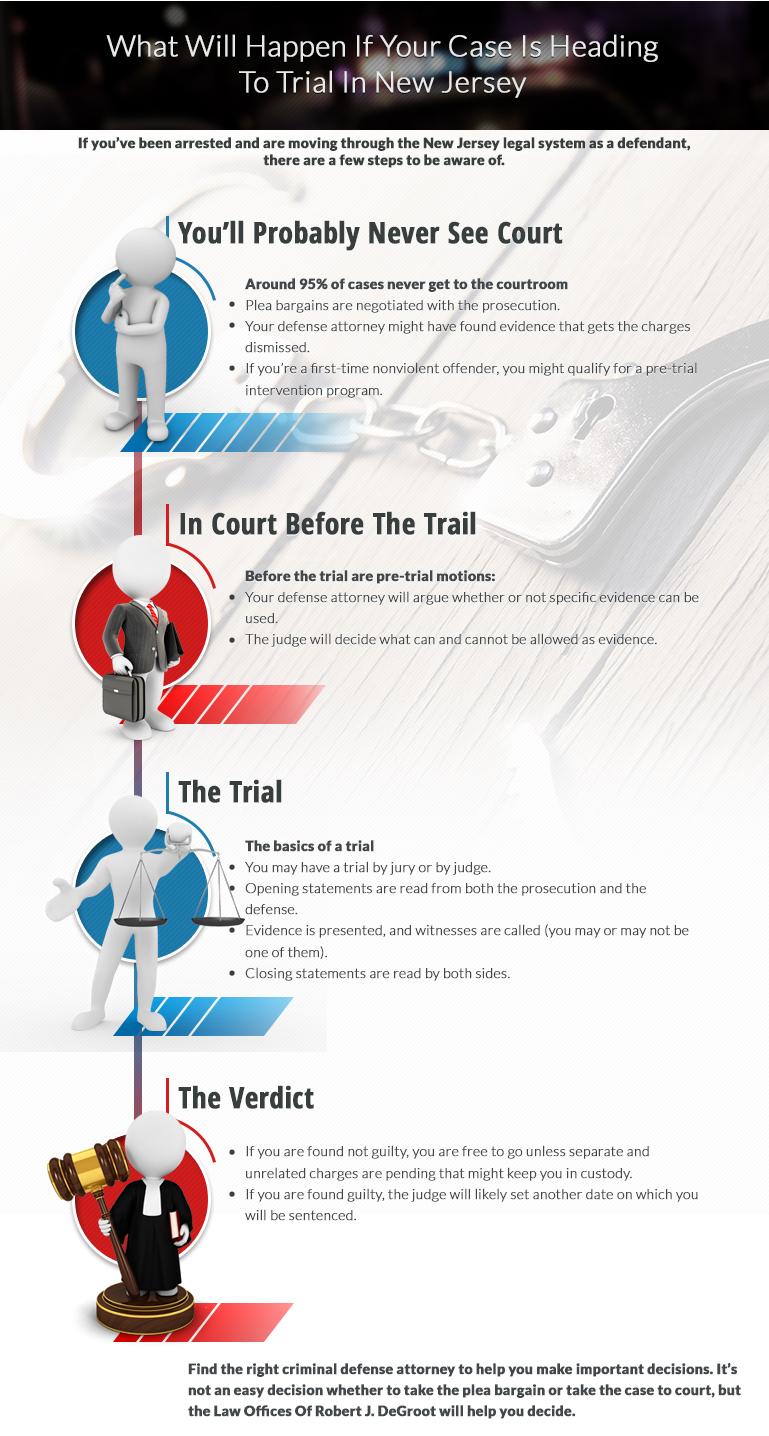The Function Of Proof In Criminal Protection: Important Facts You Should Know
The Function Of Proof In Criminal Protection: Important Facts You Should Know
Blog Article
Material By-Medlin Bojsen
When you consider criminal defense, proof is typically the first thing that enters your mind, and for good factor. It's the structure upon which your instance stands, shaping the story and influencing the court's perception. Various types of evidence, from physical to electronic, each play a special role in developing a defense. Yet not all evidence is treated equally; admissibility criteria can make or break your defense strategy. Comprehending these subtleties is essential, specifically when taking into consideration how they can impact the end result of a trial. So, what should you find out about these criteria?
Sorts of Evidence
When it concerns criminal defense, understanding the kinds of evidence can make all the difference in your instance. Proof falls under several classifications, each playing a vital role in establishing the facts of your situation.
One typical kind is testimonial proof, that includes declarations made by witnesses. Their accounts can offer understanding into what happened and can either sustain or challenge the prosecution's claims.
Physical proof is an additional important kind, incorporating tangible products like weapons, garments, or finger prints. This kind of evidence can directly link you to a crime or help refute allegations against you.
After that there's documentary evidence, that includes documents, pictures, or any type of written materials relevant to your situation. These records can provide a timeline or context that's vital for your protection.
Last but not least, you can't neglect electronic proof, that includes information from mobile phones, computers, or social networks. This kind of evidence can expose vital info concerning your tasks or interactions.
Admissibility Requirements
In criminal defense, the admissibility of proof is important to your instance's end result. You'll need to comprehend the criteria that identify whether evidence can be used in court. Generally, proof should matter, trusted, and obtained legally to be thought about admissible.
Relevance suggests the evidence must directly connect to the case and assistance confirm or negate a fact at issue. If it doesn't connect to your protection or the costs against you, it may be excluded.
Dependability ensures that the proof is reliable and trustworthy; for example, eyewitness testimony can be brought into question if the witness has a history of unreliable accounts.
Additionally, proof needs to be collected according to lawful procedures. Any proof obtained via prohibited ways, such as an illegal search or seizure, might be regarded inadmissible under the exclusionary rule.
Comprehending these standards can encourage you to function successfully with your attorney. They'll browse the complexities of these policies to enhance your protection, guaranteeing only the best proof is presented in your favor.
Always bear in Read the Full Article , the admissibility of proof can substantially influence the jury's understanding of your instance.
Effect On Protection Methods
The admissibility of proof straight shapes your protection methods. When evidence is deemed admissible, you can utilize it to build a strong situation. On the other hand, if proof is ruled inadmissible, you need to pivot your method. Understanding what proof the prosecution can present helps you anticipate their debates and prepares you to counter them effectively.
You'll want to concentrate on celebration proof that supports your protection. This could consist of witness statements, specialist testimony, or documents that challenge the prosecution's cases. The goal is to produce sensible doubt psychological of the jurors. If particular pieces of proof are weak or contentious, you might take into consideration an approach that highlights other solid elements of your situation.
Furthermore, the kind of evidence-- whether it's forensic, testimonial, or electronic-- will dictate exactly how you connect your protection. You'll need to craft compelling stories that resonate with the court while making use of acceptable evidence to support your claims.
Inevitably, your technique should be flexible, enabling you to adapt as new proof emerges or as rulings are made. Each decision you make should straighten with the objective of ensuring the very best feasible result for your case.
Final thought
In criminal defense, proof plays a critical duty fit your situation. By recognizing the different kinds of evidence and their admissibility standards, you can reinforce your protection approach and develop sensible question psychological of jurors. Working together carefully with your legal advise makes sure that your evidence exists successfully and adapts to any new advancements throughout the trial. Ultimately, the best proof can make all the difference in attaining a favorable end result.
